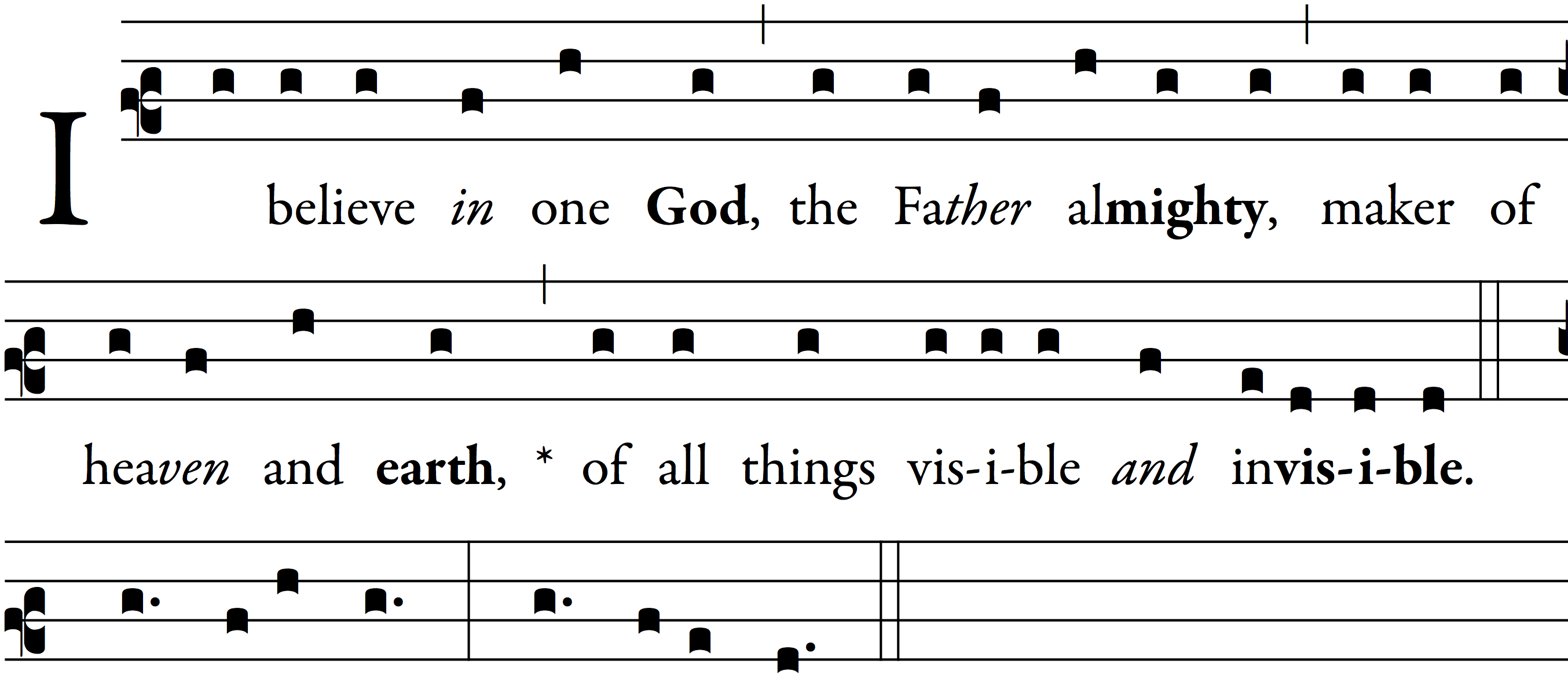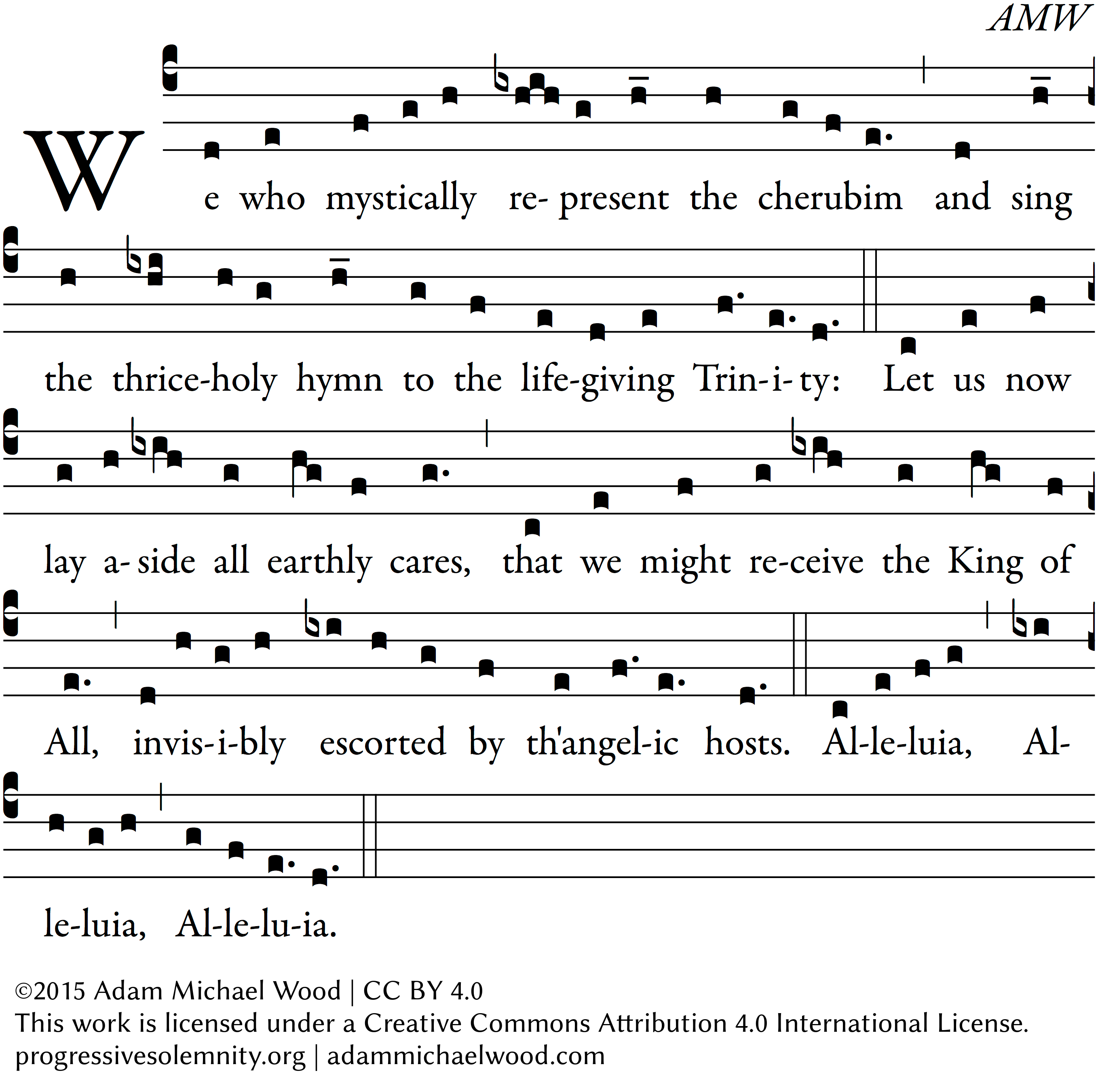Not a great Sunday school class.
By five minutes until dismissal, I was thinking maybe one of the worst ever.
We would be discussing the difference between obligatory and optional, sacraments and sacramentals, public (official) and private, Liturgy and devotions.
So, it being Lent, I thought we could do a modified, very truncated Stations, the Catholic devotion equivalent of speed dating.
The class would consist of a little discussion of how everyones week had been, a little coloring, a little reading of scripture, a little practicing of liturgical postures, a little early Church history, a little map reading, a little music, a little explanation of the Via Crucis.
We only sang 4 verses of the Stabat Mater, one after each of the 1st, 5th, 11th and final Stations.
Well, it was horrible.
Ghastly, I thought.
I’m going to have to spend a half hour this weekend scraping crushed crayons off the floor. The boy given the 12th station to color made the entire page a solid and undecipherable spot of blue. One reader thought “Simon the Siren” was the best joke anyone had every come up with. Another made the entire devotion into a math problem, shouting out things like, “Nine? com’on, we got six more to go, folks!!!!” The crucifer used the crucifix to scratch her shoulders when she got bored. The challenge of genuflection inspired remarkable gymnastic feats. Some were just too tired to walk the five or six feet to the next Station each time, and scooted across the linoleum on their bottoms.
But when we finished, one said, surprised, Hey, that was kinda cool.
Another, but sad.
Several, nodding, yeah, sad. Really sad.
The first, but cool. And the song.
Some others, yeah, the song.
One, hopefully, are we gonna sing it again?
And as they left, one was humming the ancient chant.






